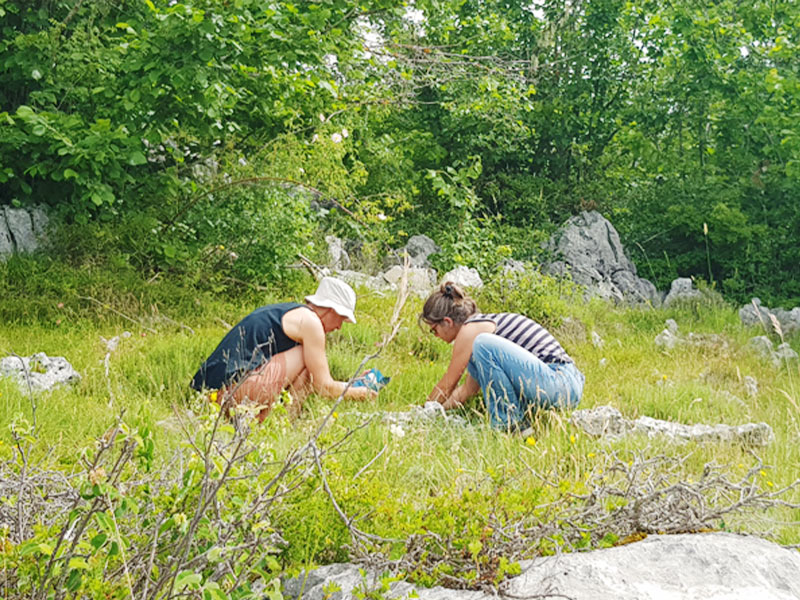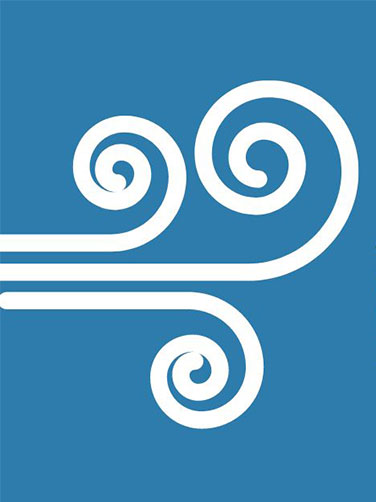Receive the newsletter
Veterinary and essential research
Modern zoos and their veterinary teams are key players in the preservation of biodiversity.
Through its housing of iconic marine animals, Marineland is a unique place for the observation and study of marine species. This knowledge of marine species is essential for the preservation of endangered species and their environment.
The veterinary team plays a key role in the acquisition of this knowledge, as it allows us to study the species, to provide them with the best care and to respond to their needs. The human skills and data thus acquired within the zoological facilities can then be put to use for the benefit of animals in the natural environment.
In addition to the teams of scientists on site, researchers and students from various French or international organisations (CNRS, IFREMER, MNHN, universities, etc.) regularly call on Marineland for their research projects, which help to advance science....
Indeed, the routine examinations (blood tests, saliva, urine and stool samples) or more specific examinations (ultrasound scans, X-rays, etc.) carried out by the veterinary team to monitor the animals' state of health can, at the same time, answer questions that certain scientists are asking.
This is the case for:
genetic studies that seek to maintain the genetic diversity of populations living in the zoo over time;
veterinary science research in nutrition and pharmacokinetics;
palaeontological studies to compare marine mammals with Mesozoic marine reptiles and thus the impact of climate change on biodiversity loss;
research on food requirements in order to understand trophic relationships in the natural environment and thus encourage the creation of marine protected areas;
research on animal wellbeing and, in particular, the drafting in 2021 of a new wellbeing protocol for bottlenose dolphins in zoological facilities in partnership with the European Association for Aquatic Mammals (EAAM).



